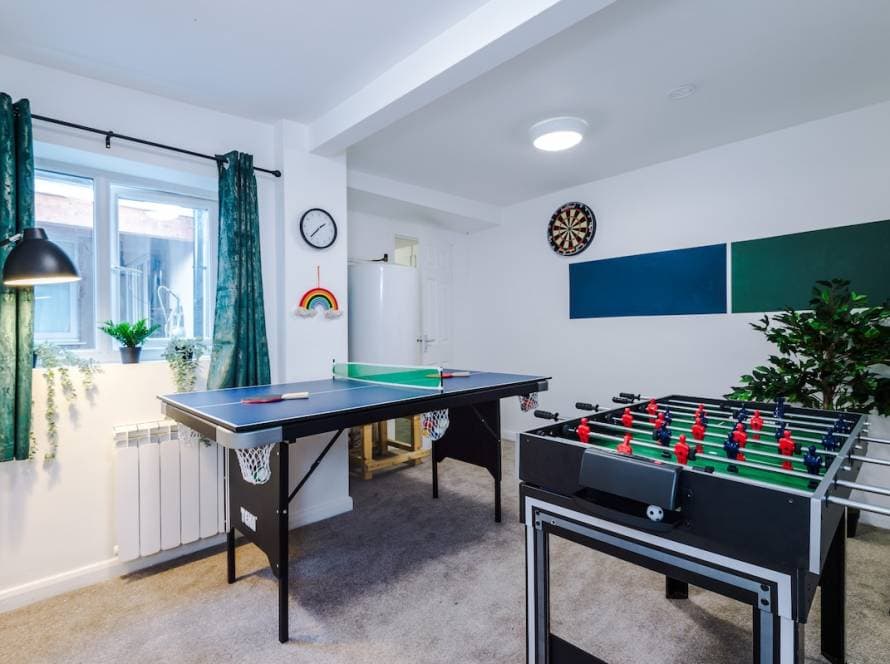The concept of holiday homes and short term letting has become very popular in the U.K in recent times. It has allowed many landlords to increase their rental yield from their properties. This certainly hasn’t gone unnoticed by the watchful eyes Her Majesty’s Revenue and Customs (HMRC). The government has introduced many tax changes that have put a squeeze on the rental income of landlords. In the U.K there are many rules governing taxation on rental income properties that are labeled as Furnished Holiday Lettings (FHL).
Furnished Holiday Lets is a separate category of buildings apart from residential and commercial properties. In the eyes of HMRC, FHLs constitute a trade. Once a property qualifies as FHL, it attracts certain taxes and enjoys certain tax benefits. Following are the criteria that must be fulfilled for a property to qualify as FHL.
- It must be available for rent for at least 210 days in a year
- It must let for at least 105 days in a year
- It should not be occupied by long-term tenants for more than 155 days in a year.
- It must be furnished
- It must be situated in U.K or any other European country (EEA).
A property does not qualify for FHL if it has been occupied by tenants living continuously for more than 31 days in a tax year. This means landlords should monitor the length of stay of their guests to make sure their property remains in the category of FHL. One interesting thing about FHL is that a property can be FHL one year but may not qualify for it next year.
If you want an FHL property in U.K, in addition to the requirements of short-term letting to several guests, there are some more requirements you need to fulfill.
Table of Contents
ToggleIt should be a furnished property
Though there is no rule explaining how much of the furnishings you need for the property to qualify as Furnished Holiday Let (FHL), you are expected to provide everything that a guest expects in a serviced accommodation property. You can get advice on furnishing from any experienced serviced accommodation management companies such as Pass The Property Ltd There is no need to worry about expenses incurred on furniture as many of them can be deducted as allowable expenses when seeking relief from capital gains tax.
It should have intent to make a profit
It is intent that matters the most when deciding the status of FHL for a property. You must be able to prove that you are letting the property for short time periods to your customers and receiving money as fees from them. It becomes easier to prove your intent to the taxman when you are letting your property utilising the services of an Airbnb management company.
Availability for letting
Furnished Holiday Let status is not granted straightaway to a landlord and they are required to go through a probationary period during which their activities are monitored. This period is for 12 months during which they look at whether your property was available for letting for at least 210 days throughout the year. Also, FHL status is not granted if the property fails to let for at least 105 days in the year. One thing for a landlord to remember is that the property should not be given to any guest for more than 31 days in continuation. Also, the days for which any friends or family members occupied the property is not counted for granting FHL.
The good thing for a landlord is, if he is unable to meet these requirements for a property, he can prove it by taking an average of the figures for several properties across the country.
Benefits of owning a Furnished Holiday Let property
If your property qualifies under FHL, you are entitled to the following benefits.
- You can claim capital gains tax reliefs that are usually given to traders. There are different types of capital gains tax reliefs which are as follows.
Entrepreneur’s relief– Taxable gains from owners of FHL properties are charged at a lower Capital Gains Tax (CGT) rate of 10%. For other properties, taxable gains are charged at a CGT rate of 18% or 28% depending upon the size of the gain and the level of income of the individual.
Hold over relief– This relief on taxable gains is given to an individual who has been gifted a Furnished Holiday Let property. Capital gains tax is applicable only when they sell this FHL property.
Roll over relief– Taxable gains can be deferred in case the owner of a property desires to buy new trading assets. If the owner sells an FHL property to buy a new FHL property, they can hold on to capital gains and taxes are computed on the new asset in the next financial year.
- Your expenses on furniture and other equipment can be adjusted against capital allowances provided for plant and machinery expenses. This exemption is available only to FHL business and not to any other normal letting businesses.
- The profits you earn from your rental income property is treated as earning for your pension. These profits are referred to as relevant earnings and the owner can make larger contributions to his provident fund using this profit.
- If you hold an FHL property in partnership with your partner, you are free to allocate profits in any proportion between yourselves. This can be irrespective of the shares held by each of you in the FHL property. This is not the case with any other business where profit needs to be divided according to the shares held by a spouse in the property.




